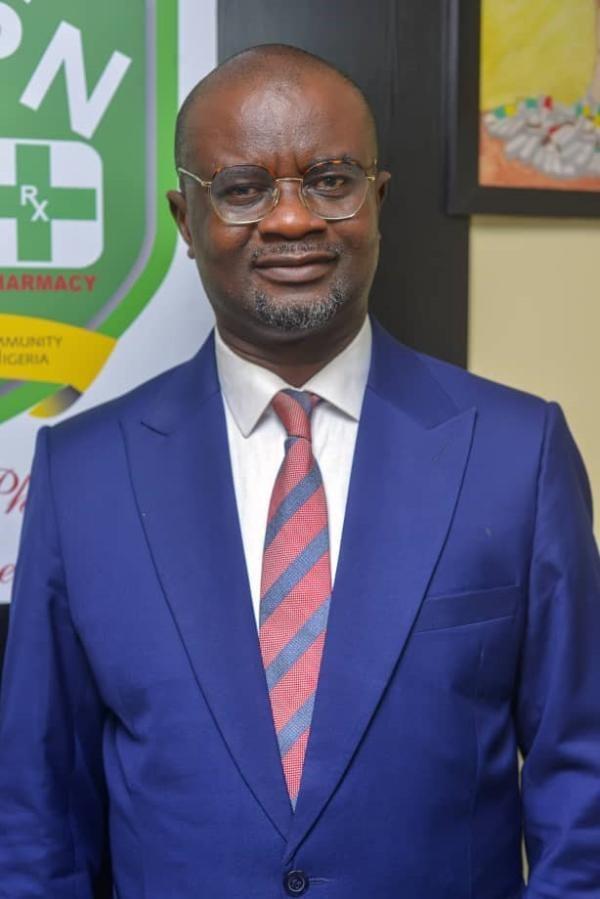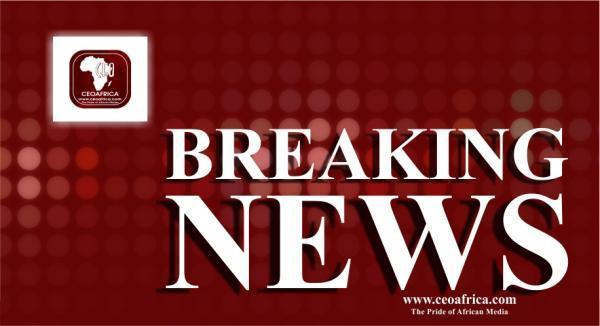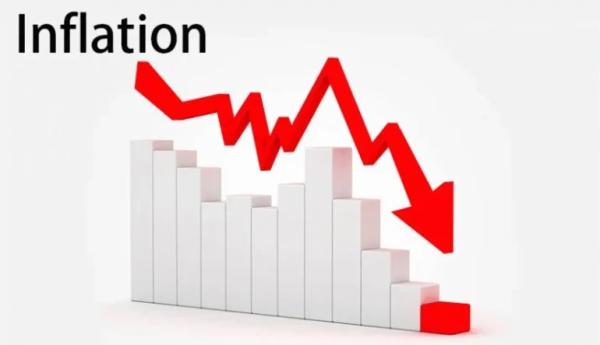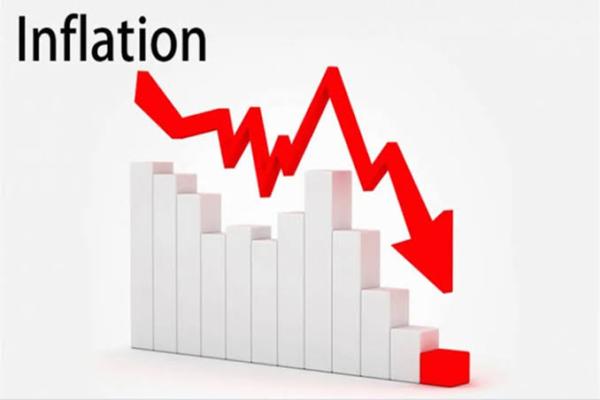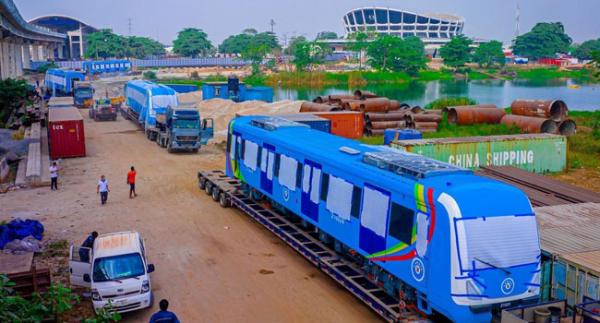
The number of train passengers fell by 32 per cent in the fourth quarter of last year, signaling a huge loss of interest in the train transportation system, according to data sourced from the National Bureau of Statistics (NBS).
The NBS’s report on ‘Rail Transportation Data (Q4 2023)’, obtained by Channels Television, revealed patronage of train transportation slid by a total of 32.08 per cent compared to the previous year, as the revenue received from passengers also declined by 2.64 per cent same year.
The Bureau, however, did not state why rail transportation patronage dropped across the country.
In Q4 2023, NBS said a total of 672,198 passengers travelled via the rail system, relative to 1,337,108 reported in the corresponding quarter of 2022, indicating a growth rate of 49.73 per cent.
Again, the volume of goods/cargos transported in Q4 2023 stood at 119,286 tons compared to 53,136 tons recorded in Q4 2022.
Regarding revenue generation, N1.1bn was received from passengers during the reference period, showing a decrease of 7.51 per cent from the N1.15bn recorded in the same quarter of the previous year.
Similarly, about N423m was collected from goods/cargos conveyed in Q4 2023, up by about 169 per cent from N157m received in Q4 2022.
In addition, other receipts amounted to N394m, indicating an increase of about 3 per cent in Q4 2023 from the N382m collected in Q4 2022.
The volume of cargo and revenue from cargo also rose by about 102 per cent, and 144 per cent respectively relative to 2022.
The development follows the launch of the Red Line rail by the Lagos State Governor, Babatunde Sanwo-Olu in February.
The Red Line is envisioned as a vital metro link within the Lagos-Ibadan rail corridor. Spanning 37 kilometres, it will share the right-of-way with the Lagos–Kano Standard Gauge Railway.
The route will initially run from Agbado in Ogun State to Oyingbo in Lagos, with notable stations including Agbado, Iju, Agege, Ikeja, Oshodi, Mushin, Yaba, and Oyingbo.
Its initial estimates pegged the cost at $135m under the Greater Lagos Urban Transportation Project, which will be managed by the Lagos Metropolitan Area Transport Authority (LAMATA).













